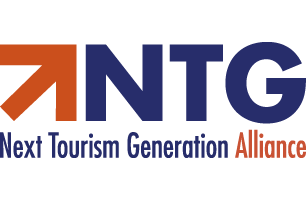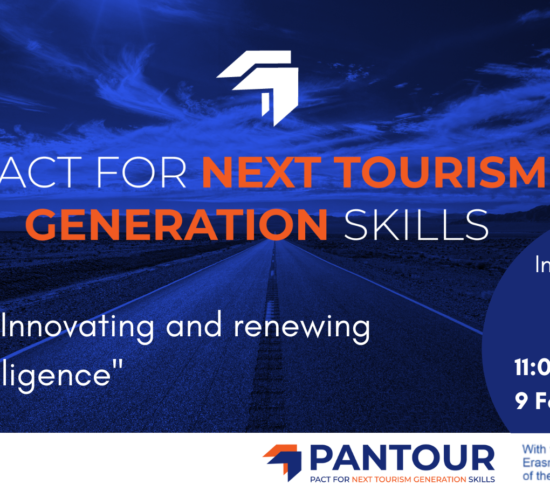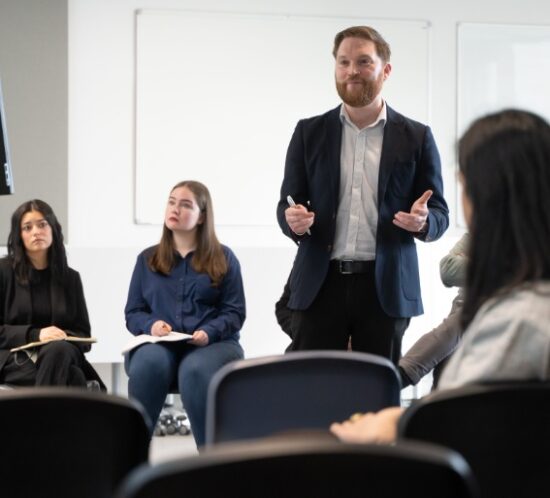Tourism and hospitality along the lines of sustainability by VIMOSZ
As aPantourconsortium member,VIMOSZis currently involved in 4 projects with sustainability and socio-economic issues as common points. Three projects have the common goal of promoting sustainability. TheWASTELESSandPlan’Eatprojects focus on sustainability of the food ecosystem by reducing food waste and promoting healthy, sustainable eating habits. TheTOURBANproject focuses on the sustainability of urban tourism by introducing innovative solutions and sustainable business models.










